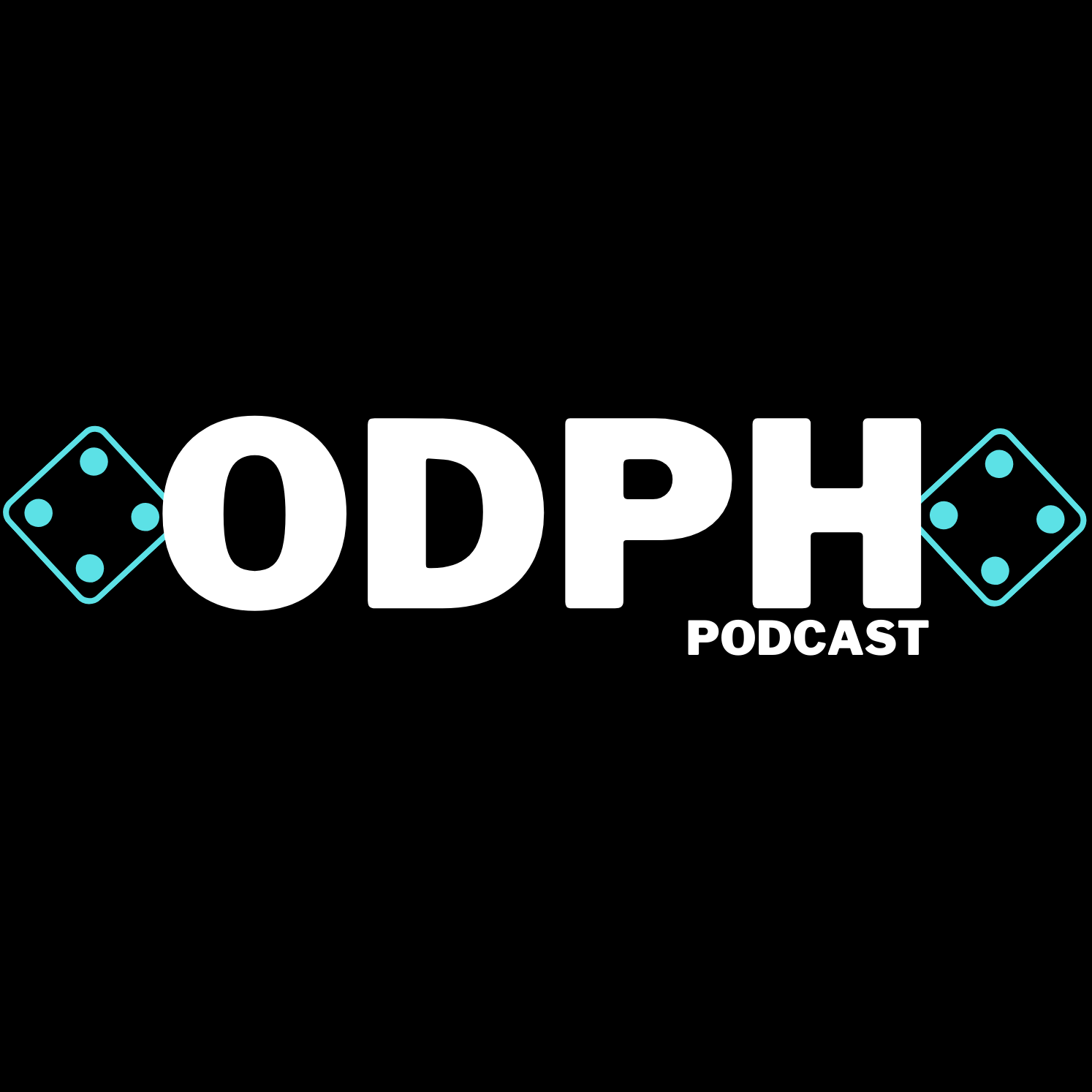Ep 148: The Biggest Financial Decision of Their Lives
Dr. Beth Akers, author of Making College Pay and an economist, takes a cold hard look with Andy at what the data says about “investing” in college. What’s more important: choice of major or choice of college?If you've enjoyed Talking to Teens, we'd love if you could leave us a five-star rating, and if you have time, a review! Full show notesDeciding on a college is one of the biggest decisions teens will make in their lives. There are so many factors to consider. How big are the classes? Will they be able to make connections in their chosen field? What do the dorms look like? With so many different schools and so many majors, finding the right fit can feel impossible.But there’s one aspect of the college search we don’t always talk about, even though it’s arguably the most important of all: the finances. We’re often so focused on helping young adults find a place that feels right or looks beautiful that we neglect to dive deep into how we’re going to foot the bill, in the present and down the line, in the case of loans.And even if we do find a way to pay, we often don’t pause to consider whether the degree we’re paying for is going to deliver a return on investment! This is especially true for those of us who are taking out loans. If we’re going to be in debt, it’s wise to know if and when we’ll eventually be able to pay it off.To really wrap our heads around college finances, we’re talking to Beth Akers, author of Making College Pay: An Economist Explains How to Make a Smart Bet on Higher Education. Beth is a resident scholar at the American Enterprise Institute and an expert in the economics of labor and higher education. She believes that everyone should have access to comprehensive financial information about college, so they can avoid making a decision they regret.In our interview, we’re breaking down why we often don’t talk about the financial aspects of choosing a college. We're also talking about how a student’s major affects their future prospects, and revealing a smarter way to go about taking out loans. If you’re searching for the best way to educate your kids without breaking the bank, this episode is for you!Changing the College ConversationWhen it comes to picking a school, we often encourage young people to follow their heart, and do what feels right. We romanticize the idea of finding a school that’s the perfect fit, a place they’ll fall in love with where they’ll have the time of their lives. And while it’s important to consider this sentimental side of college, we tend to completely ignore the practical side: how much it will cost, how it’s going to get paid for and if it’s really a sound financial decision!In fact, when Beth traveled to college campuses and quizzed students on how much they were spending on tuition...most of them didn’t know! Beth believes this is why so many people get stuck with an unpayable amount of debt after they graduate, because they didn’t figure out a plan before jumping in. Although it would be nice if we could romanticize college and see it as a purely emotional journey, the reality is that college is expensive! For most people, figuring out how to afford their degree should be a hot topic of conversation, not an afterthought, says Beth.When it comes down to it, college is often the biggest financial event of a person’s life, other than maybe buying a house! So why don’t we talk about it in the same light as paying off a mortgage?? In the episode, Beth and I break down why it is that we focus on prestigious names or pretty campuses instead of payment plans. Interestingly, social media can play a role, says Beth, as students want to show off their enrollment at a shiny private school...even if it’s going to put them in debt for the rest of their lives!Although picking a school definitely matters, Beth explains in the episode that salaries after college actually depend a lot more on the graduate’s major than their chosen college. She and I get into how your student’s course of study factors into the financial risk of attendance.Making the Most of a MajorPicking a major is never an easy process. Kids often find themselves torn between their passion and a more practical choice. Beth’s goal is to simply give the financial data on what graduates of different majors earn, not to necessarily tell students what major to choose. In her book, she outlines which majors are financially lucrative and which ones aren’t quite so promising. Beth advises parents and teens to use this information to decide whether or not they’ll be able to pay back loans after they get their diploma.Beth also explains that we tend to paint with broad strokes when it comes to majors: defining science and math as more valuable and art is a less wise choice. In fact there’s more variation in the earnings of graduates across schools and majors than you might think. All in all, she advises people to become informed about how much of a financial gamble they are taking when they pick a major, and then assess their own personal tolerance for risk .But what about the kids who don’t know what they want to do? In the episode, Beth and I weigh the pros and cons of going into college undeclared. Beth is reluctant to encourage teens to jump right into an expensive degree if they don’t quite know what they’re doing. Adding on extra years of college to try and figure out a path is a pretty costly way to go about self discovery! Although it’s often frowned upon in our culture, Beth suggests students take a gap year, or engage in activities outside of secondary education to help them find some direction before enrolling in classes.Once students have selected a school and a major, they have to settle on a budget...which often means taking out student loans. Often, these loans can become a nightmare after a student’s graduation. Beth and I discuss loan repayment in our interview, and she reveals a unique strategy for making the most of a college savings account.Student Loan SecretsAs an economist, Beth has some outside-the-box ideas about how parents and students can take on the student loan process. If you had a chunk of cash reserved for college, the best thing to do would be to spend it on tuition...right? Actually, Beth has another method she recommends, a method that includes, surprisingly, taking out loans. In the episode, she explains how, by investing your college savings, you can get a higher return, which you can then use to pay off your loan debt when you graduate.Of course, this also takes financial discipline. Instead of spending those savings, you’ll have to leave them in your investments to collect interest. This might seem simple to some, but could feel impossible to others! It depends on how you or your teen handle your personal finances.She also explains how taking on federal student loans can actually be a smart idea for some people. To start, they have pretty low interest rates–around 3%. And although they can be a headache to deal with, there have been small policy changes over the last few years that actually make them a realistic option for some, she says. Depending on how much you earn after graduating, you can make fairly small payments, or even pay zero. And if your income happens to stay low, there are ways the loans can eventually be forgiven.In the Episode…Beth’s brilliant mind and extensive economic wisdom makes for an incredibly i...
# Return on InvestmentEvaluating the financial benefits of different college degrees versus their costs.
















